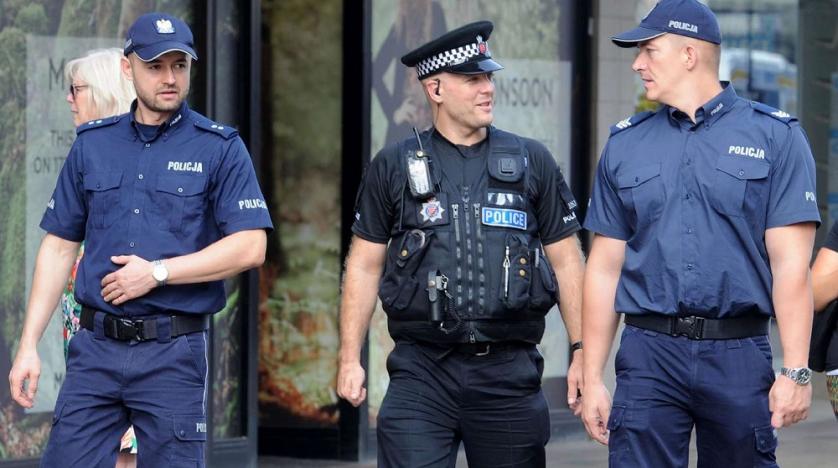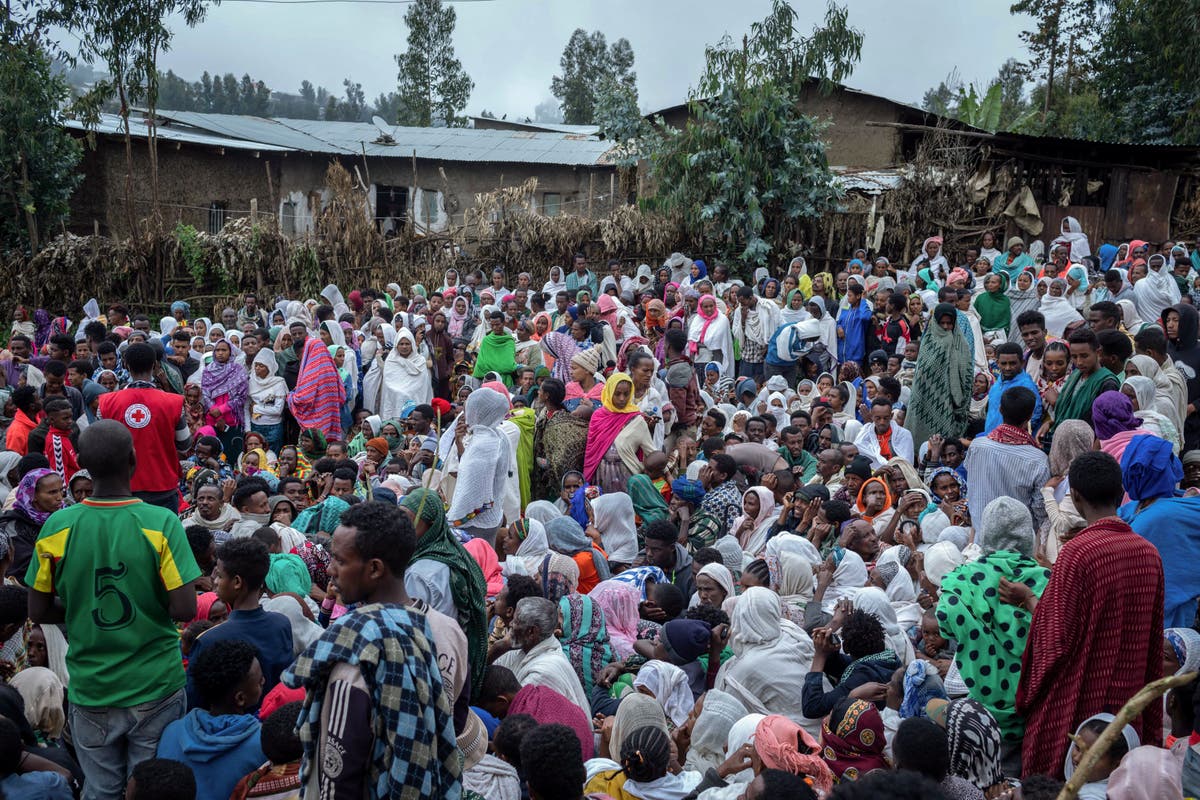YEREVAN/BAKU (Reuters) – Armenia said on Friday it would work with Russia, the United States and France on renewing a ceasefire in Nagorno-Karabakh as the death toll rose on the sixth day of fighting over the breakaway enclave in the South Caucasus.
An interior view shows a house that was allegedly damaged by recent shelling during the fighting over the breakaway region of Nagorno-Karabakh in the town of Terter, Azerbaijan October 2, 2020. REUTERS/Aziz Karimov
Azerbaijan, which is fighting ethnic Armenian forces in Nagorno-Karabakh, has not responded to a call for a ceasefire on Thursday by the three countries – co-chairs of the Organization for Security and Co-operation in Europe (OSCE) Minsk Group, which mediates in the crisis.
Azerbaijan’s president, Ilham Aliyev, ruled out talks with Armenia over Nagorno-Karabakh on Tuesday, and Azerbaijan’s ally Turkey said on Thursday the three big powers should have no role in peacemaking.
“It is obvious that Armenia is not interested in resolving the conflict through negotiations and is trying to annex the occupied territories,” Azerbaijan’s Foreign Ministry said.
French President Emmanuel Macron said in a statement he had spoken on the phone successively with the prime minister of Armenia, Nikol Pashinyan, and Azerbaijan’s Aliyev, and had proposed a new method to restart talks within the Minsk group.
Macron said work would start from Friday evening, as he upped his efforts to broker mediation in his role as co-chair of the OSCE Minsk group.
The Armenian government said Pashinyan and Macron agreed that any use of foreign fighters and terrorists in the conflict was unacceptable, and Macron called for an immediate ceasefire.
Armenia and Azerbaijan accuse each other of using foreign mercenaries in military operations.
Pashinyan also talked to Russian President Vladimir Putin.
In a third phone call in the six days since fighting broke out, Putin and Pashinyan expressed serious concern about the involvement of what the Kremlin termed illegal armed groups from the Middle East in the fighting.
Putin reiterated the need for an immediate ceasefire.
The senior U.S. diplomat for the region, Philip Reeker, will travel to Turkey, a NATO ally, on Saturday for talks on the situation in the Caucasus and other issues, the State Department said on Friday.
More fighting was reported overnight and throughout Friday. Nagorno-Karabakh’s defence ministry reported 55 new military casualties, taking the death toll among its forces to 147.
SHELLING
Eleven civilians have been reported killed and at least 67 wounded in the mountainous enclave, which is part of Azerbaijan but is run by its mostly ethnic Armenian inhabitants.
The Azeri prosecutor’s office said 20 civilians had so far been killed and 55 wounded in Armenian shelling. Azerbaijan has not reported on casualties among its military forces.
The OSCE called for an immediate humanitarian ceasefire to enable the repatriation of the remains of fallen servicemen.
Slideshow ( 5 images )
Clashes broke out on Sunday between Azerbaijan and ethnic Armenian forces in Nagorno-Karabakh. The enclave is not recognised internationally as independent, and has been the subject of conflict since the 1991 collapse of the Soviet Union.
The fighting is more serious than at any time since a war in the 1990s in which 30,000 people were killed, and has deepened concern about stability in the South Caucasus, a region where pipelines carry Azeri oil and gas to world markets.
German Chancellor Angela Merkel said European Union leaders discussed the crisis at a summit in Brussels and said a ceasefire was needed as soon as possible.
Armenia’s Foreign Ministry said the country was “committed to a resolution of the conflict through peaceful means.”
“We will continue to adamantly repel Azerbaijan’s aggression but, at the same time, are also ready to engage with the OSCE Minsk Group co-chairs on a ceasefire based on the agreements of 1994-1995,” it said, referring to an earlier ceasefire.
Turkish President Tayyip Erdogan said on Thursday that a lasting ceasefire could be achieved only if “Armenian occupiers” withdrew from Nagorno-Karabakh. Aliyev has said Armenia’s demands over Nagorno-Karabakh are unacceptable.
“EVERYONE … IS AFFECTED”
Pashinyan told U.S. national security adviser Robert O’Brien by telephone that a ceasefire would be impossible unless “mercenaries and terrorists” are removed from Nagorno-Karabakh.
France has accused Turkey of sending Syrian mercenaries to the tiny enclave and Russia has expressed concern about the alleged deployment of fighters from Syria and Libya. Turkey and Azerbaijan have dismissed those accusations.
Each side accused the other of mounting new attacks on civilian targets on Friday, including by firing across their shared border which is well to the west of Nagorno-Karabakh.
All-out war over Nagorno-Karabakh would risk drawing in regional powers Russia, which has a military base in majority Christian Armenia, and Turkey, which has said it will stand by mainly Muslim Azerbaijan.
Civilians across the region are increasingly worried.
Cahanquba Quliyeva, a 28-year-old architect in Baku, the Azeri capital, said she was worried her husband and brother would be called up to fight. “We only saw this in the movies. And now we are going through that ourselves in real life,” she said.
In Yerevan, food technologist Eduard Vlasyan, 30, said: “At the moment this is a full-scale war. If we give Karabakh to them, they will demand Armenia next time.”









